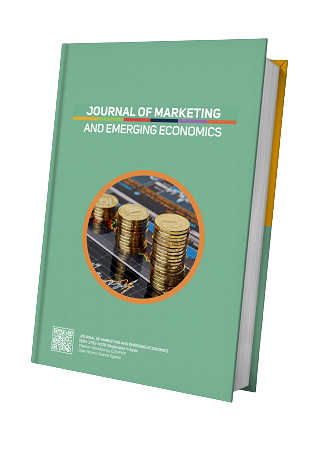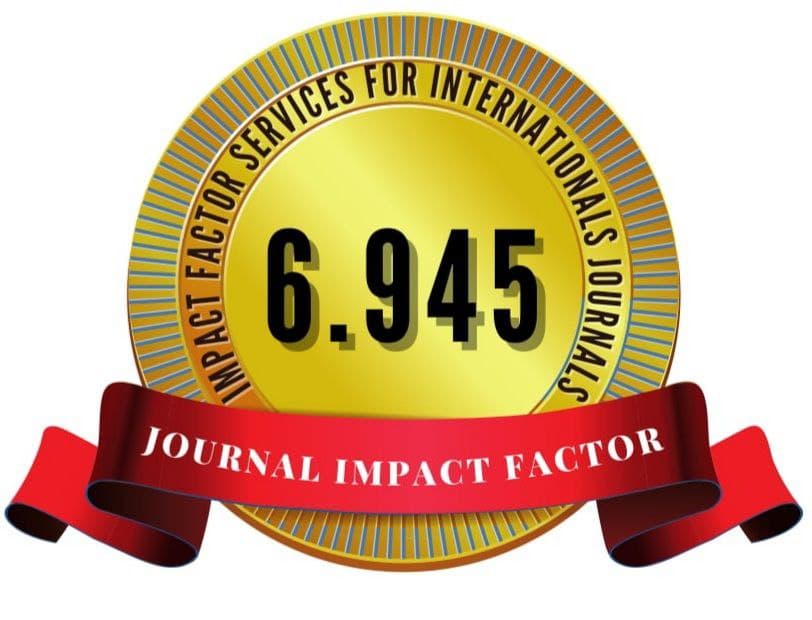Globalisation and Economic Growth in India
Keywords:
globalisation, economy, India, growth, society, culture, international, monetary, socialAbstract
The term globalisation refers to the integration of the economy of the nation with the world economy. It is a multifaceted aspect. It is a result of the collection of multiple strategies that are directed at transforming the world towards a greater interdependence and integration. It includes the creation of networks and pursuits transforming social, economical, and geographical barriers. Globalisation tries to build links in such a way that the events in India can be determined by the events happening distances away. To put it in other words, globalisation is the method of interaction and union among people, corporations, and governments universally. India is one of the countries that succeeded significantly after the initiation and implementation of globalisation. The growth of foreign investment in the field of corporate, retail, and the scientific sector is enormous in the country. It also had a tremendous impact on the social, monetary, cultural, and political areas. In recent years, globalisation has increased due to improvements in transportation and information technology. With the improved global synergies, comes the growth of global trade, doctrines, and culture. Indian society is changing drastically after urbanisation and globalisation. The economic policies have had a direct influence in forming the basic framework of the economy. Economic policies established and administered by the government also performed an essential role in planning levels of savings, employment, income, and investments in the society. Cross country culture is one of the critical impacts of globalisation on Indian society. It has significantly changed several aspects of the country, including cultural, social, political, and economical. However, economic unification is the main factor that contributes maximum to a country’s economy into an international economy.





